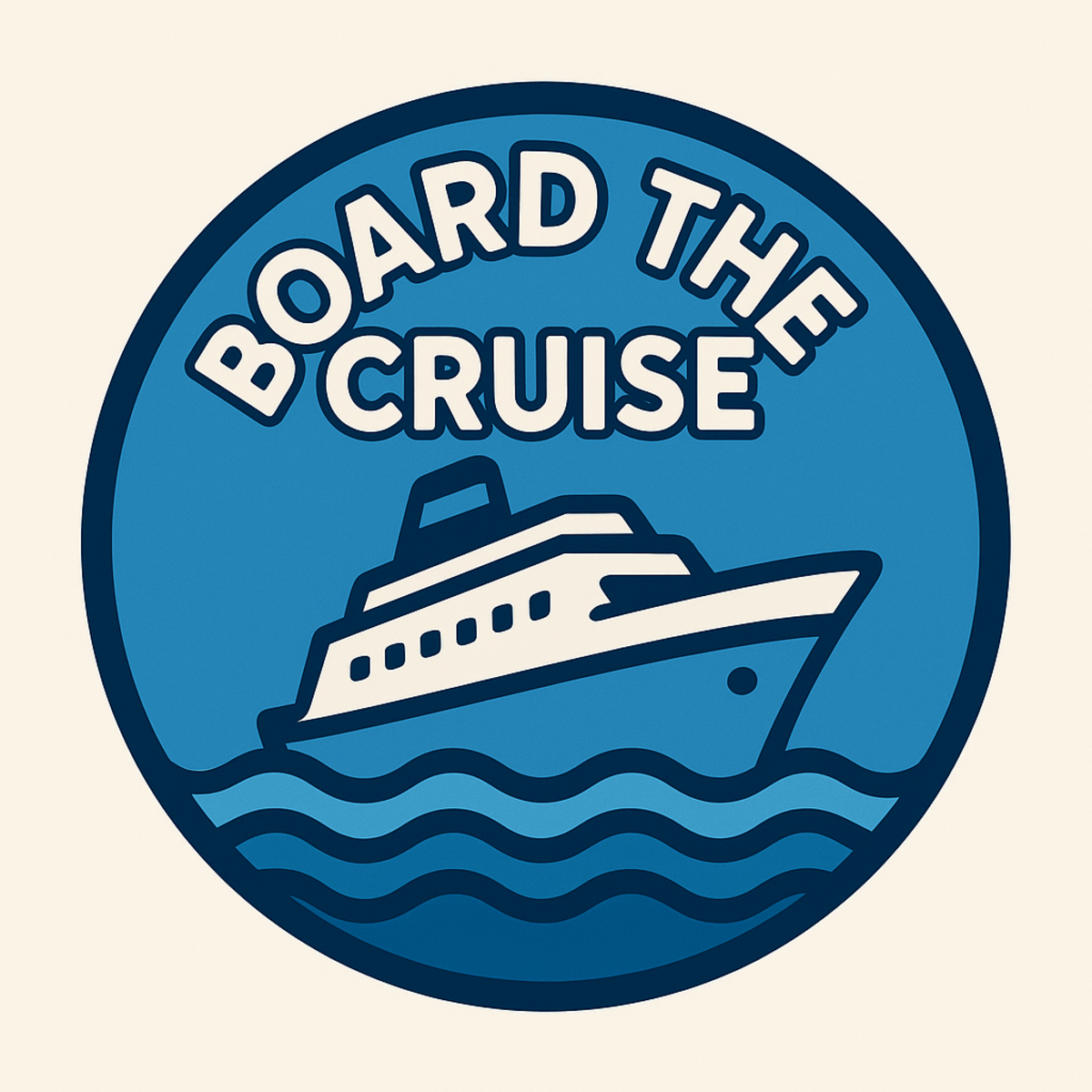Hey 👋
Let’s tackle a question that most cruisers quietly wonder but few want to bring up: “Is it easy to fall off a cruise ship?”
Recently, news broke about a harrowing incident aboard Disney's Dream cruising back from the Bahamas. A five-year-old girl fell overboard from the fourth deck, and in a split‑second reaction her father dove in after her. Miraculously, both were rescued within 20 minutes by the ship’s trained crew—no foul play involved.
Officials confirmed that the child lost her balance while sitting on a railing and slipped through a porthole. Contrary to rumors, her father had not placed her on the railing. The father bravely kept her afloat until the rescue crew reached them.
This kind of event is devastating exactly because it’s so rare. Cruise ships are legally required to have high railings, Plexiglas barriers, emergency alarms, and crew trained to handle "Man Overboard" situations quickly and efficiently.
That said, accidents can and do happen—and no rule will ever replace situational awareness. It’s always safest to supervise children near railings, avoid sitting or climbing on them, and follow posted safety guidelines.
On a different note, it’s also worth acknowledging a tragic overboard incident involving a crew member aboard Royal Caribbean’s Icon of the Seas. The individual fell from the ship and despite immediate rescue efforts, did not survive. Investigations are ongoing.
Stories like these are shocking but they also highlight how cruise lines prepare for worst-case scenarios. From radar and visual lookouts to rescue boats and extensive crew training, safety systems are in place and ready to deploy in moments.
So, is it easy to fall off a cruise ship? No, and that’s the very point. Guests accidently going overboard are incredibly uncommon. When they do happen, crew and systems are generally ready to respond fast.
Of course, discretion matters. Simple habits like keeping hands inside railings, supervising kids, and knowing your muster station add layers of prevention that go a long way. In other words, your common sense remains your best travel accessory.
If you ever find yourself hyper-aware (understandably so), just remember: the maritime industry requires rigorous standards. Ships undergo regular inspections, crew members drill emergency protocols constantly, and risk is managed every day.
Stay safe, know your surroundings, and let the emergency teams focus on what they’re trained to do. That’s how cruising stays one of the safest ways to travel.
Until next issue,
Tara

